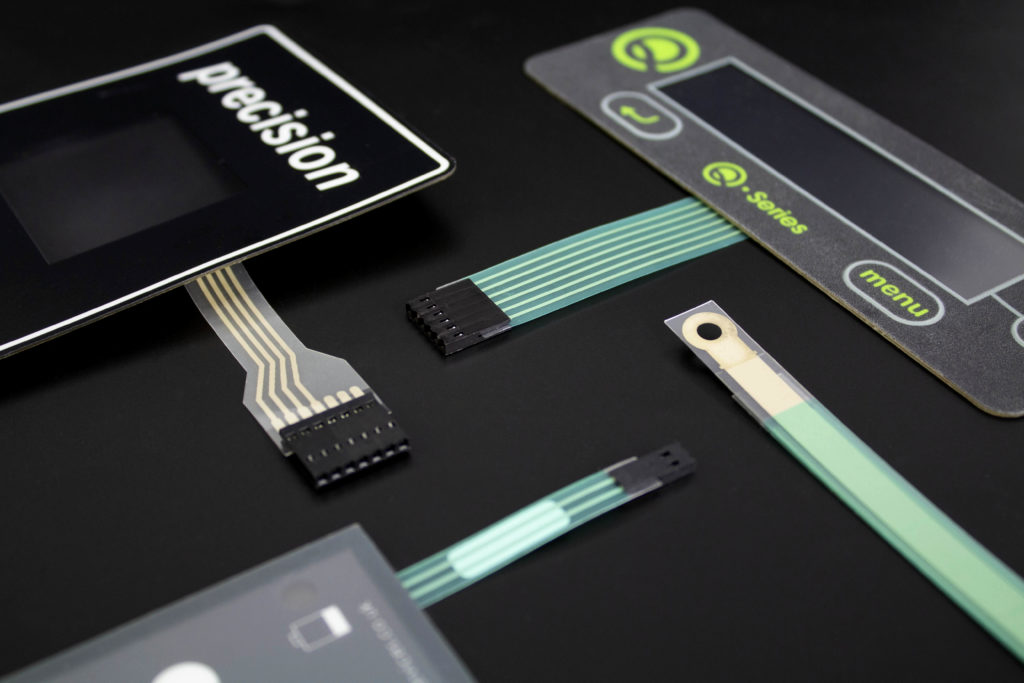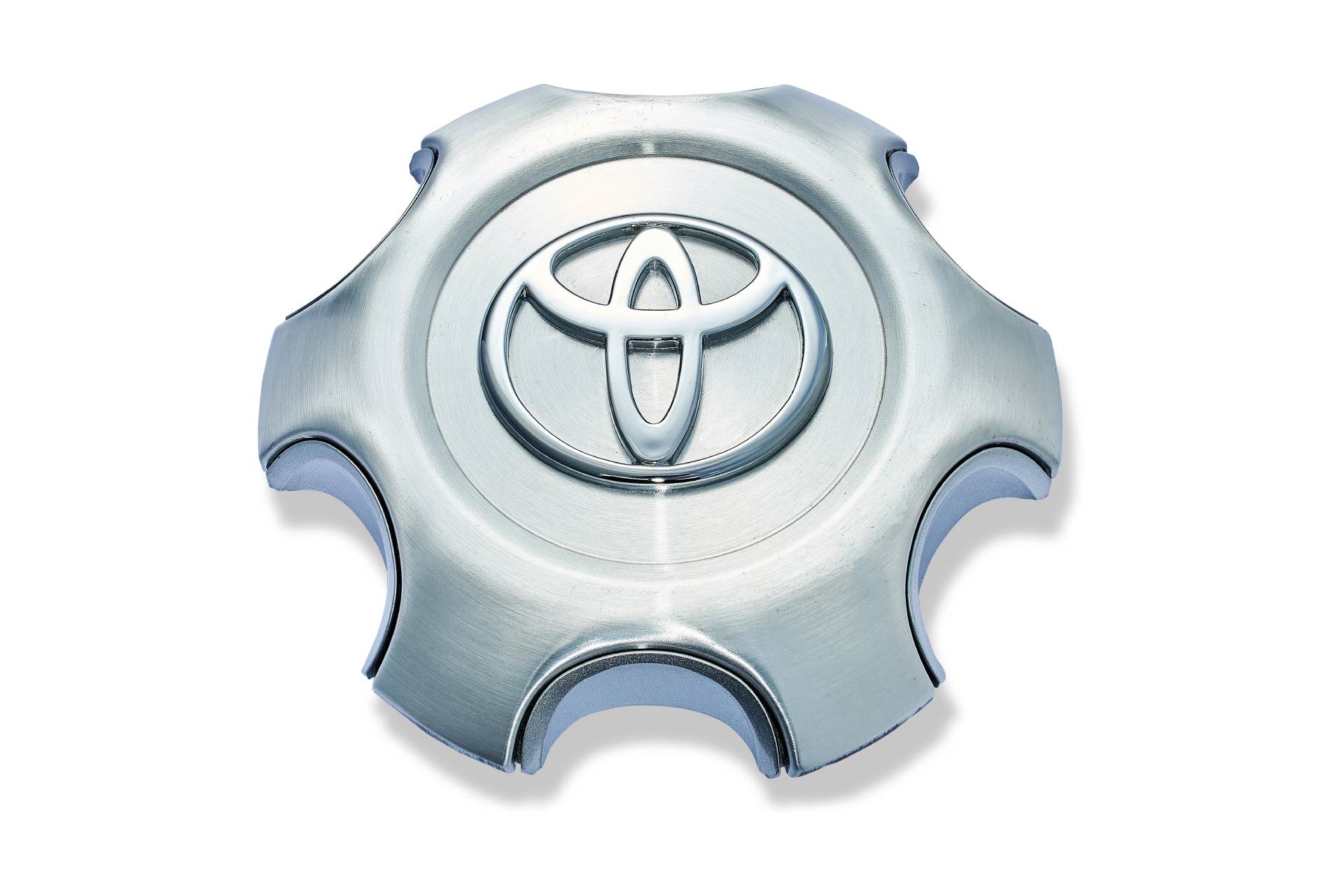Top Applications for Membrane Switches in Consumer Electronics
Top Applications for Membrane Switches in Consumer Electronics
Blog Article
Comprehending the Value of Membrane Switches in Interface
Membrane switches are indispensable components in the layout of effective individual interfaces, helping with not only performance however likewise improving visual charm and user interaction. Their unique attributes, such as resistance to environmental elements and customizable layouts, make them ideal for a varied range of applications throughout multiple industries. As we explore the future patterns and different advantages connected with Membrane innovation, it becomes clear that these switches are greater than just elements; they represent a convergence of advancement and usefulness. The implications of this innovation on user experience are worth analyzing better.
What Are Membrane Switches?

The spacer layer, which has glue buildings, permits for the splitting up of the circuit layer from the overlay, making sure that the switch remains in a non-activated state until pushed. When stress is related to the overlay, it compresses the spacer layer, linking the void and completing the circuit in the underlying layer. This design not just lowers the physical area required for traditional mechanical buttons however also enhances the longevity of the tool, as Membrane buttons are normally resistant to dirt, wetness, and other ecological aspects.
Typically found in applications varying from consumer electronic devices to clinical devices, Membrane switches are indispensable to contemporary technology, giving a straightforward and effective user interface that lines up with contemporary style requirements.
Benefits of Membrane Buttons
While numerous button technologies exist, Membrane Switches offer distinctive advantages that make them specifically desirable in different applications. One of the main advantages of Membrane buttons is their small style, which permits space-saving implementations in gadgets where property is limited. Their slim profile not only boosts aesthetic charm yet also promotes lightweight building.
An additional considerable benefit is their resistance to ecological elements. Membrane buttons are generally secured versus moisture, dust, and pollutants, making them ideal for use popular settings, such as medical devices and commercial tools. This durability prolongs the life expectancy of the button, lowering upkeep prices and enhancing reliability.
Additionally, Membrane buttons can be tailored to meet specific style demands, integrating one-of-a-kind graphics and shades that boost user interaction. Their tactile feedback options can likewise be tailored to supply a gratifying customer experience. In addition, Membrane buttons are economical, specifically in high-volume applications, as they can be generated successfully.
Applications in Numerous Industries

In the consumer electronic devices field, Membrane buttons prevail in gadgets such as microwaves, washing equipments, and push-button controls. Their tactile responses and aesthetic alternatives improve individual experience while providing a streamlined, modern appearance. Furthermore, automotive suppliers use Membrane switches in control panel controls and infotainment systems, where room is limited, and customer interaction is critical.
Additionally, the industrial market leverages Membrane buttons in control panels for equipment and devices, permitting for user-friendly procedure in typically harsh atmospheres. Their resistance to chemicals and dampness guarantees long life and reliability in these applications. On the whole, the adaptability of Membrane Switches contributes substantially to their prevalent use, making them vital in various technological domain names.
Design Considerations for Membrane Buttons

When developing Membrane buttons, numerous vital considerations should be taken right site web into account to make certain optimal functionality and individual experience. First of all, the selection of products is critical; selecting resilient, premium substratums can boost the button's long life and resistance to ecological variables such as moisture and temperature variations.
Secondly, the design these details of the graphic overlay should focus on quality and convenience of usage. Symbols and text should be clear, and the layout should facilitate instinctive communication (membrane switches). Furthermore, tactile feedback is important; incorporating a responsive dome or various other systems can enhance the user experience by giving physical verification of activation
One more essential factor is the button's electrical performance. Developers need to make certain that the conductive traces are effectively created to reduce resistance and avoid signal disturbance. This includes assessing the called for actuation force and ensuring compatibility with the digital components they will certainly interface with.

Future Fads in Membrane Modern Technology
As innovation proceeds to development, Membrane switches are positioned to develop dramatically, driven by advancements in products and producing techniques. One emerging pattern is the unification of sophisticated products, such as flexible substrates and conductive inks, which boost resilience and lower the overall weight of Membrane buttons. These products not only enhance the responsive response however additionally allow for the style of buttons that can withstand harsher environmental problems.
In addition, the integration of touch-sensitive innovations is changing traditional Membrane Switches into even more interactive interface. Capacitive touch sensors embedded within Membrane button panels can give an extra user-friendly and receptive customer experience, aligning with the expanding demand for smooth, contemporary designs in customer electronics.
Furthermore, developments in printing strategies, such as electronic and 3D printing, allow quick prototyping and customization of Membrane switches. This flexibility allows suppliers to respond faster to market demands and consumer choices.
Last but not least, sustainability is coming to be a significant emphasis, with manufacturers exploring environmentally friendly materials and processes. As these trends unfold, the future of Membrane modern technology assures boosted capability, visual charm, and environmental responsibility, solidifying their role in innovative interface throughout different markets.
Final Thought
In conclusion, Membrane Switches stand for an important component in the design of customer interfaces, incorporating performance with aesthetic versatility. Their advantages, consisting of longevity and resistance to ecological elements, make them suitable for varied applications throughout various sectors. Thoughtful layout considerations boost customer interaction and experience. As advancements in technology proceed, the evolution of Membrane buttons is expected to further fine-tune individual interfaces, driving advancement and improving use in an increasingly intricate technical landscape.
Membrane switches are indispensable components in the style of effective user interfaces, promoting not only performance yet additionally boosting aesthetic charm and customer communication.Membrane Switches serve as an essential component in different individual interfaces, promoting a seamless interaction between customers and digital devices.While various button modern technologies exist, Membrane Switches offer distinct advantages that make them especially preferable in numerous applications.Moreover, Membrane switches can be personalized to satisfy details layout requirements, incorporating distinct graphics and colors that improve individual communication.In verdict, Membrane Switches stand for an essential part in the layout of customer more interfaces, incorporating functionality with visual flexibility.
Report this page